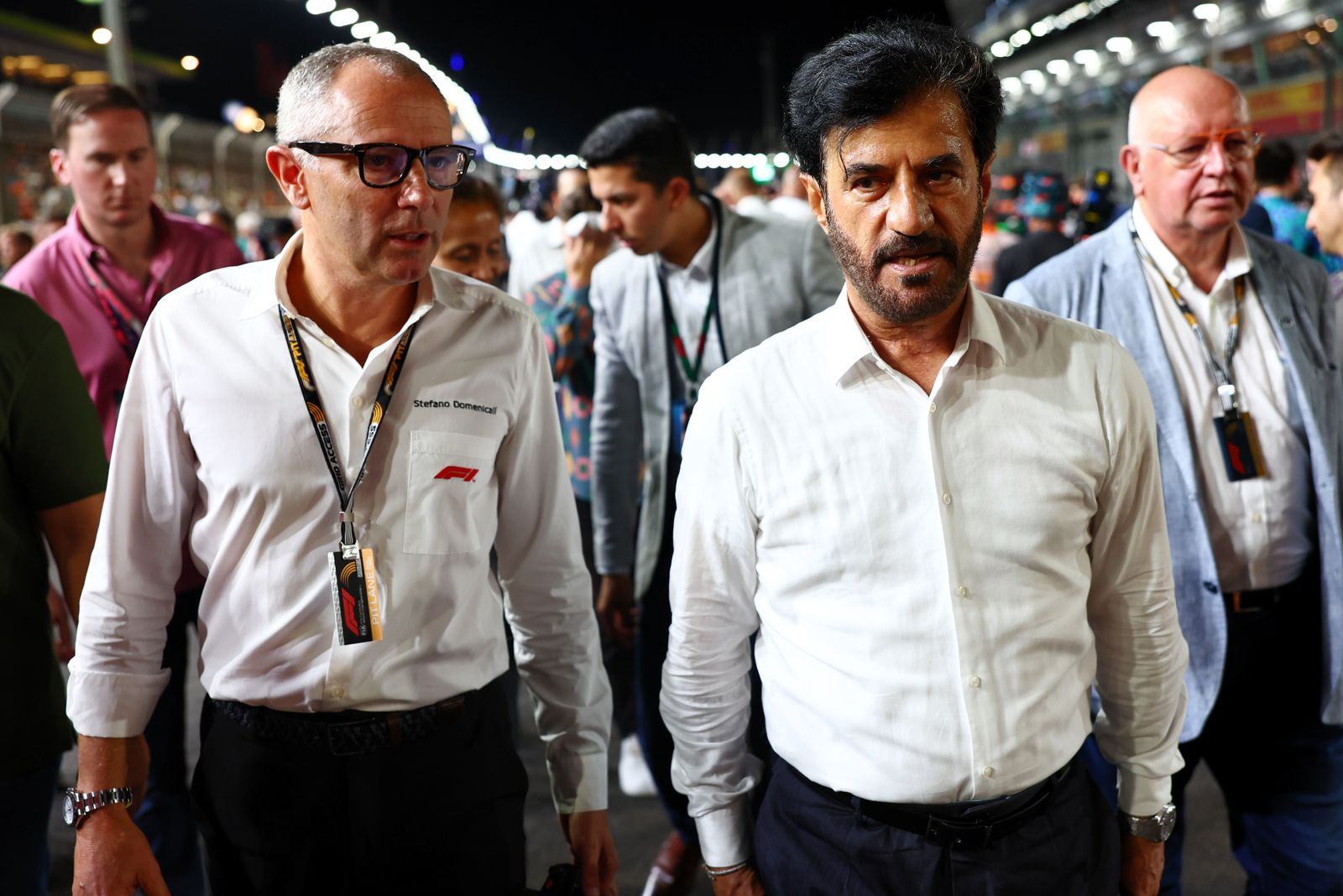Up Next

If Andretti Formula Racing’s candidacy as a Formula 1 team is rejected by the teams and commercial rights holder, and that's certainly what looks likely to happen, it is essential that the reasoning given is clear and watertight.
That’s not just for legal reasons, but also because of how badly it will reflect on F1 if it’s regarded by the wider world to be a closed shop.
There are good reasons for setting a very high bar for prospective new teams to clear. F1’s financial model would be harpooned by being lax on who is allowed in, so it’s absolutely right that a newcomer must satisfy many criteria. A late 1980s-style fly-by-night outfit has no place in F1 today, no matter how wonderful the tales of such thwarted ambition are.
However, it must be made absolutely clear what standards teams are being measured against.
The FIA, for its part, was clear in terms of what it wanted in its expression of interests application process and has concluded Andretti's application ticked all the boxes.
This was based on a rigorous process with some applicants submitting comprehensive dossiers of over 600 pages that included not just proof of financial strength and technical depth, but also the results of preliminary design work.
The FIA hasn't offered much in the way of information about why Andretti was accepted and the others rejected, which ideally will follow, but it has firmly put the ball in F1's court.
The demands that a new team should contribute to F1’s value and growth, as well as offering something on track, are reasonable. But so far these demands have been ill-defined and imprecise, expressed in a way that makes it too easy to draw the conclusion that it's about protecting the value of the existing teams even if that's at the expense of sacrificing future growth. But dismissing an entry carrying the Andretti name that has significant General Motors backing is high stakes.
The world is watching and should Andretti be rejected, the reasoning will need to be sound and clearly expressed. Simply concluding that it won't add value to F1 and stating that isn't enough. F1 needs to lay out how those criteria were created and measured against.
If that's not done, it will be interpreted as shutting the door on potential growth out of short-term self-interest. So the messaging must be on point both when it comes to other entities that might consider coming into F1 in the future and to fans.

After all, this is an American team and one supported by the biggest automotive company never to have come into F1. How GM is treated will be a test case for how all car companies will be, and they won't take kindly if they feel they are being forced to stump up $1billion or more to buy an existing team. And if the process is perceived to be rigged, why would anyone put the time and money into pitching for an F1 slot in the future? Remember, Andretti has already spent millions on this.
What’s more, as FIA president Mohammed Ben Sulayem has explicitly said, there are also legal considerations. Motorsport's governing body has accepted Andretti so it is now down to F1 to make its choice. If it says no, that might potentially open it up anti-competition action.
Beyond that, it's far from a good look in the United States - a market F1 is bending over backwards to appeal to. Yes, American sports fans are familiar with closed-shop sporting leagues but they are also very used to mechanisms for allowing expansion teams.
It may be that there are good commercial reasons to reject Andretti's bid. The details in the public domain are vague and much of the information about what it has done is based on hearsay - and all of that will have been tackled in its submission.
The FIA's job is to regulate the sport and as Ben Sulayem has said, he doesn't have to look at the financial results for F1, but it must never be forgotten that this is a sport first, business second. You can argue that's not the case, and to some it isn't, but nobody is tuning in to watch a business grand prix so its core appeal remains tied up to it being regarded as a sport.
F1 has the right to say yes or no to Andretti, but has to consider the wider implications of what conclusion it draws and how it presents it. After all, it may be a huge business but when your business is, at heart, a sport and sold as such you have to tread carefully.
Simply saying a new team must add something and that, for no particular reason, Andretti doesn't will not cut it. This needs to be measurable, testable – and defensible.






